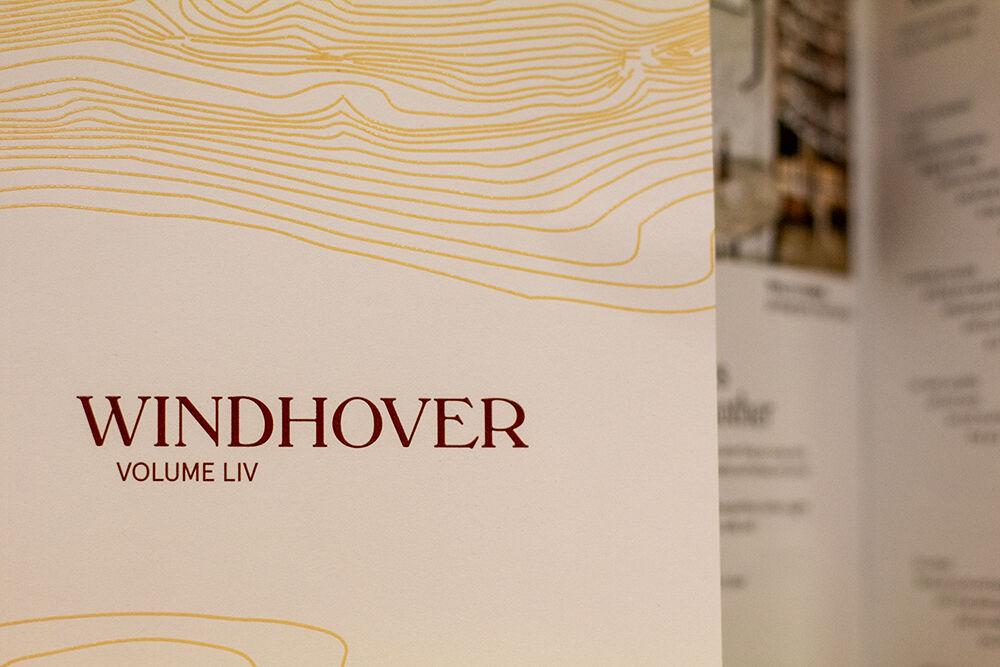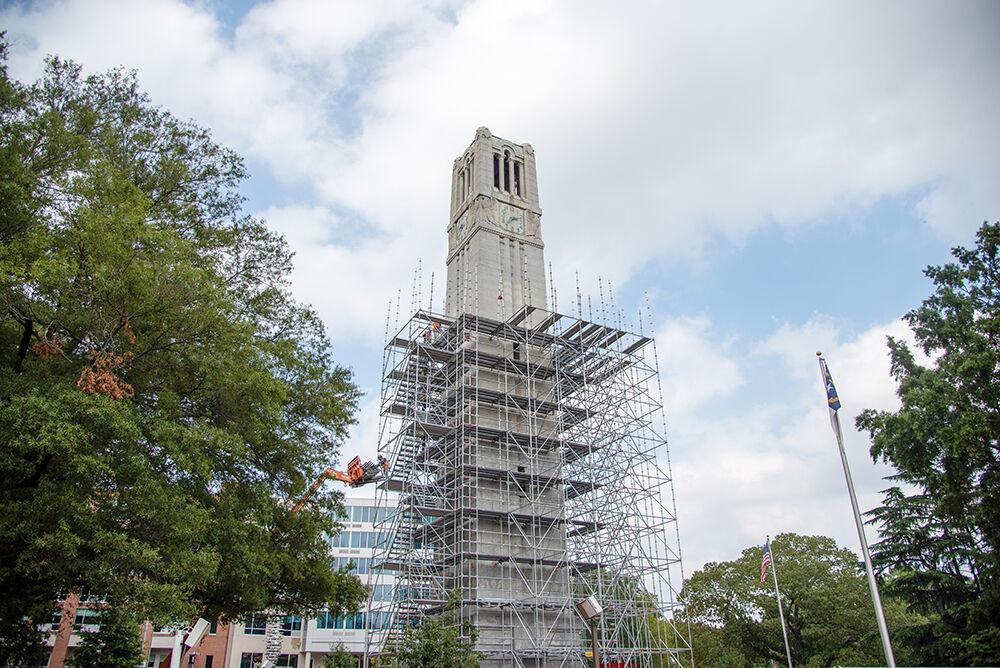North Carolina Opera General Director Eric Mitchko, spoke on campus Tuesday to celebrate Richard Wagner’s bicentennial. Mitchko said Wagner completely changed how opera was written, performed and understood.
“Wagner is the most exciting, most important opera composer,” Mitchko said. “He totally changed the way we look at things, and his depiction of human relationship, love and sex and is the most exciting thing and it’s never been done here before.”
Mitchko was at N.C. State as part of the preparation events for the N.C. Opera’s performance of Wagner at the end of the month. Internationally, the bicentennial will be celebrated with lectures and performances of Wagner’s work.
Wagner’s music captures the pain and passion of life in a manner most artists are not capable of, Mitchko said. Wagner survived the death of two fathers before the age of eight, and a theme of rootlessness pervades his operatic work.
Wagner attended the University of Leipzig, in Germany, where he quickly gained prominence through his musical skills. Wagner was interested in opera his entire life, having attempted to write his first opera at only thirteen and getting his first job as a chorus master of a theater when he was nineteen.
Wagner fled his home in Dresden in 1849 due to his leftist political activism and revolutionary ties. He settled in Zürich and started working on his masterpiece, the four operas that make up The Ring of the Nibelung.
The Ring tells the story of the epic struggle between gods and heroes for the control of the magical golden ring that leads to the final destruction of the earth. Wagner’s vision for his operas was so grand that an opera house that could stage his productions did not exist.
In addition to writing his own music, text and stage directions, Wagner designed his own opera house, which featured a specially designed orchestral pit that would improve the acoustics, allowing the focus to rest on the singer, not the symphony.
Wagner’s opera house was finally built 28 years after he started the first opera in The Ring cycle. King Ludwig paid for the construction of the opera house, which remains the largest building of its type ever constructed. Wagner’s operas are still performed there today.
Wagner’s work spans a range of themes, from epic battles between gods and heroes in The Ring to unrequited lovers in Tristan and Isolde.
“If you don’t like sex and violence then opera is probably not for you, but if you’re interested in those things you should come,” Mitchko said.
Performances of Wagner’s works are rarely seen outside of major cities like New York City and London due to the scale of the productions. For the first time in Raleigh, the N.C. Opera is performing a selection of Wagner’s work on Sunday, Jan. 27 in the Meymandi Concert Hall at 3 p.m. Student rush tickets are available two hours before the event for $10.
“This is the most exciting music in the world, and I hope people come to see it,” Mitchko said.













